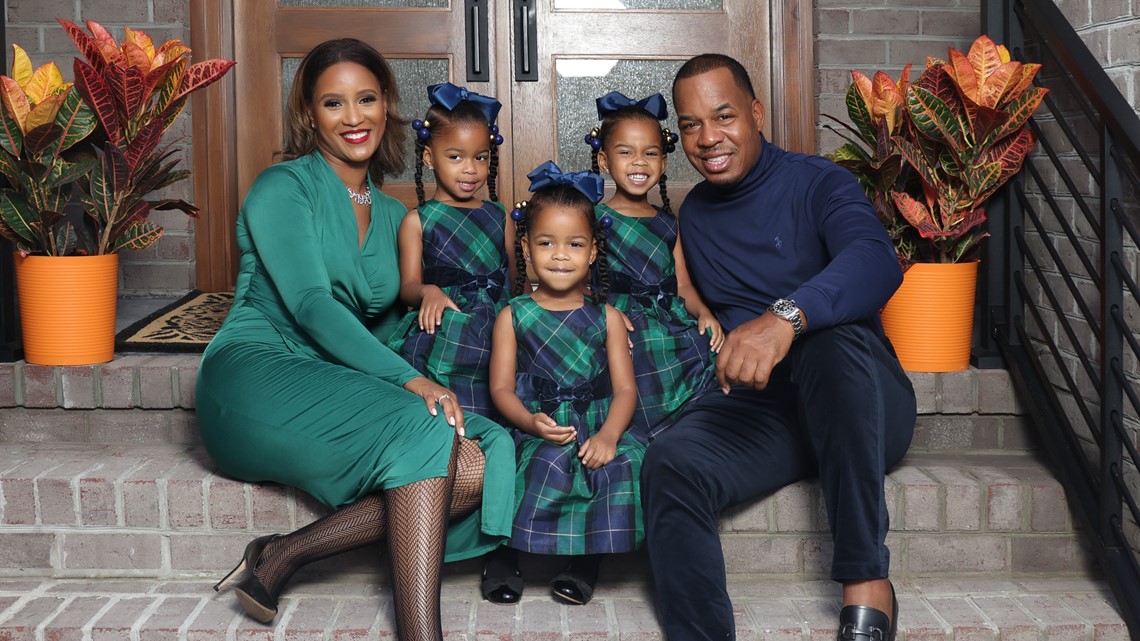NORFOLK, Va. — Tuesday morning, Senator Tim Kaine voiced his support for protecting IVF on the national level after a controversial Alabama Supreme Court ruling.
That ruling calls embryos used in IVF children a decision that caused roughly half of Alabama’s clinics to pause treatment for fear they could face wrongful death lawsuits for discarding unused embryos, a routine part of IVF.
RELATED: First IVF baby in the U.S. reacts to Alabama Supreme Court ruling, 42 years after she was born
Kaine hosted a roundtable discussion with doctors and patients who have gone through in vitro fertilization, and who worry for the future of the procedure.
"IVF has been a blessing for us. It’s been the biggest hope for us to build a family," said Rachel Maul.
They shared their stories, but also shared concerns in the aftermath of the Alabama Supreme Court’s ruling.
"The types of legislation that we’re fighting here really just don’t acknowledge the nuance and the facts and the science here," said Fertility Specialist Dr. Eric Widra. "This isn't just every embryo makes a baby. This is a lot of work. A lot of heartache, and a lot of resources to bring this technology to people."
Monica Pinier said after their plan for adoption fell through at the last moment, she and her husband turned to IVF to have twin girls.
She said they had three embryos during their treatment, but ultimately only used two due to financial constraints.
"We made the difficult decision to discard that embryo, which I still feel a lot of guilt about and it’s things like this that are popping up that just put so much shame on my choice as a woman," she said.
Pinier said she's open about her journey in the hopes it can help others.
"To make sure I can do what I can to reduce the stigma around infertility and treatments like IVF and the different ways and journeys of building a family," she said.
Kelli Webb documented her own IVF journey on social media. After one failed attempt, they hit the jackpot with triplets in 2019.
"One embryo and then it split and then it split again," she said.
She said she wouldn't have it any other way.
"They are the light of our lives," said Webb.


When she heard the Alabama ruling, Webb said she couldn't believe it.
"I was angry. I was frustrated. It was disheartening."
Although she wasn't at Tuesday's roundtable, she said she’s also disappointed in the people trying to take that option away from other families.
"Every day I look at the miracle IVF afforded me," she said. "Not having that available, sets us back."
Kaine said that’s why he and other Democratic Senators are pushing for the Access to Family Building Act to protect the procedure federally.
"We felt that this day would come and in Alabama it has and we think it’s gonna happen in other states too," he said. "This is an Alabama ruling, but it was really building upon on what states have done in the aftermath of Dobbs and so, it just makes people scared."
Pinier said she wants families to always have a choice, like she did.
"Those are my five and seven-cell beings; you don’t get to decide what I get to do with them," she said.
Kaine said he hopes once the Access to Family Building Act makes it out of committee and onto the Senate floor for a vote, they will see some bipartisan support to get it passed.
However, one Senate Republican has already blocked the measure once.
There is also a companion bill making its way through the House, cosponsored by Congressman Bobby Scott. Republican Congresswoman Jen Kiggans has previously voiced her support for IVF on social media.
The half a dozen women and fertility specialists seated around the table Tuesday also emphasized one other point-- access to IVF should be more financially accessible. Something Kaine agreed he wants to work on as well.

